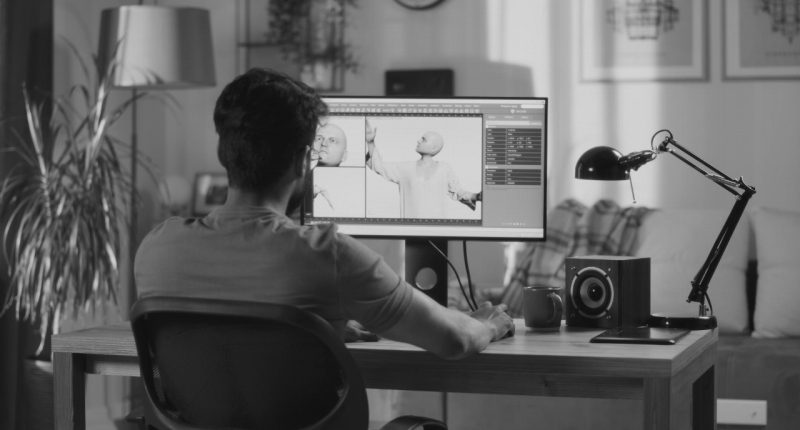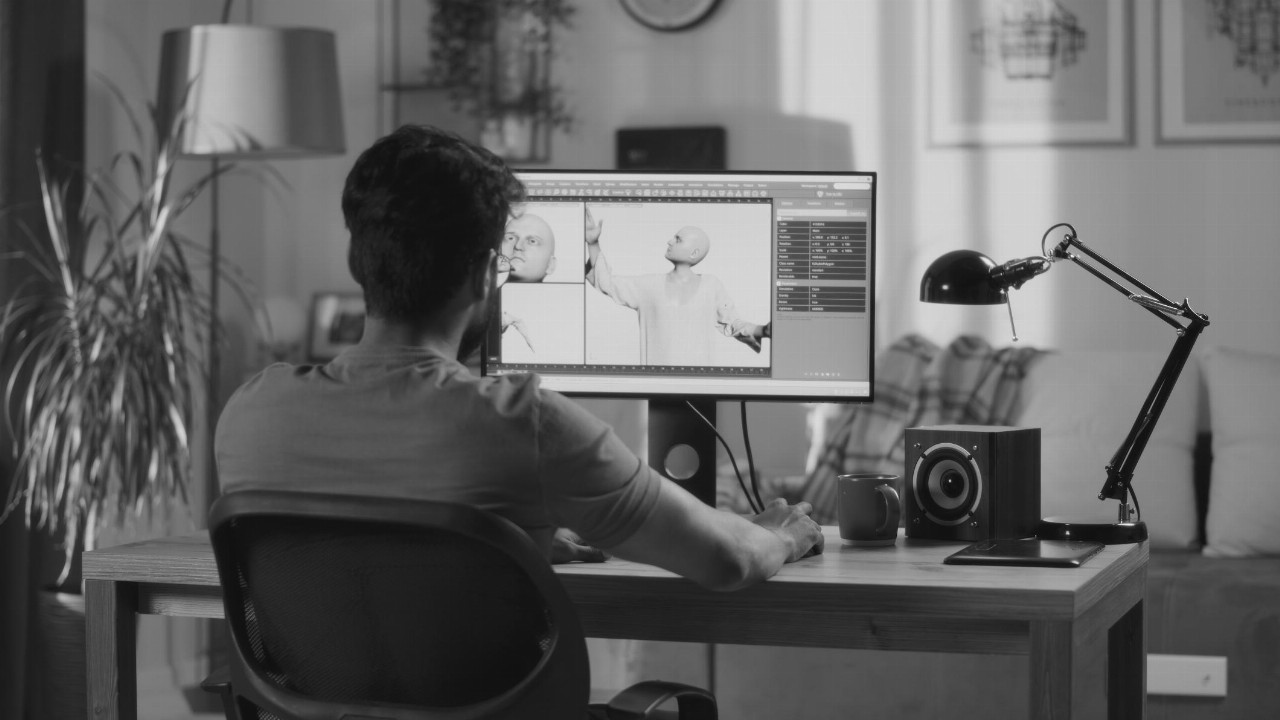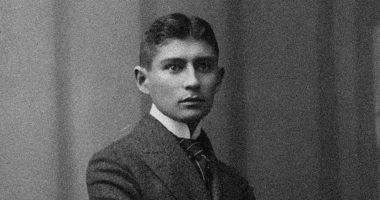We used to think that artificial intelligence would come for the bean-counters first. It seemed reasonable to assume that AI would transform or even eliminate jobs in sectors such as accountancy and insurance, while work associated with human traits such as creativity would be relatively untouched. But this theory looks flakier by the day. One group of workers who are really beginning to worry about AI are actors and other performance artists.
A survey this year by Equity, the UK union for actors and other performing arts workers, found that 65 per cent of members thought AI posed a threat to employment opportunities in the sector, rising to 93 per cent of audio artists. This wasn’t just an amorphous fear about the future: more than a third of members had seen job listings for work involving AI and almost a fifth had undertaken some of this work.
A range of AI start-ups are developing tools for use in film and audio, from making actors look and sound younger to creating AI voices that can be used for marketing campaigns, consumer assistants or even audiobook narration. Audio is such a popular medium now that companies need lots of it, but human actors are expensive and nowhere near as flexible as an AI voice, which can be made to say anything at the push of a button. These companies typically hire actors to provide hours’ worth of audio which can then be turned into a voice-for-hire.
VocaliD, for example, offers a range of voices such as “Malik” (“warm, soothing, urban”) “Terri” (“educated, optimistic, sophisticated’‘) and “AI Very British Voice” (“trustworthy, warm, calm”.) Sonantic, another AI company which was just acquired by Spotify, creates voices that can laugh, shout or cry. Its voices are often used by video game companies in the production process so they can play around with different scripts.
They’re not as good as humans, but they don’t need to be. Industry experts say no one is going to use AI to narrate the audiobook of a bestselling novel, but there is still a market to be tapped in the vast number of lower-profile books that are published or self-published every year. Audiobook.ai, for example, says it can create an audiobook in 10 minutes with 146 voices to choose from in 43 languages.
Voice actors aren’t just worried about losing work to these synthetic vocalists. They’re also worried about their rights when they help to create AI personas. Both Equity and SAG-AFTRA, its US equivalent, say they are seeing contracts for AI work that give tech companies the right to use an actor’s likeness or voice irrevocably and in perpetuity. Non-disclosure agreements are also common. Young actors, in particular, might be tempted by the upfront fee only to regret the long-term implications.
What kind of implications? Once your voice or face is in the wild and you have no control over it, you might find it associated with something violent when you had your heart set on a career in children’s films. Or you might find your likeness is working for a competitor to a company you now want to join. As Equity explains in its guidance to members doing AI-related work: “If at a later date you are asked to work on an exclusive basis for another client, would the presence of your AI voice and the possibility of it working for competitors be problematic contractually?”
Equity is calling on the UK government to update copyright law to make sure performers have the right to control AI-made “reproductions” of performances. Unions on both sides of the Atlantic are also trying to make agreements with tech companies that give performers royalties when their AI voice or image is used, as well as the right to approve its use in each new scenario. Some companies already do this: Sonantic says it has a profit-share agreement with voice actors, for example.
There are opportunities as well as threats. With decent contract agreements in place, it could be very helpful for actors to have a source of passive income from the AI version of themselves, which is out there diligently doing work which might be boring but still brings in some money. AI also opens up the possibility of more flexible work for people who can’t always be on set, whether because of health or family reasons.
That said, the broader lesson for the world of work is that AI doesn’t have to be “as good as humans” to begin to disrupt things for ordinary workers. In Hollywood, as in the economy as a whole, the superstars will be fine — everyone else will have to stay on their toes.
Sarah O’Connor is a columnist, reporter and associate editor at the Financial Times. She writes a weekly column focused on the world of work, as well as longer reported articles. She joined the FT in 2007 and has covered the US economy from Washington DC, the UK economy from London and the financial crisis from Iceland.





